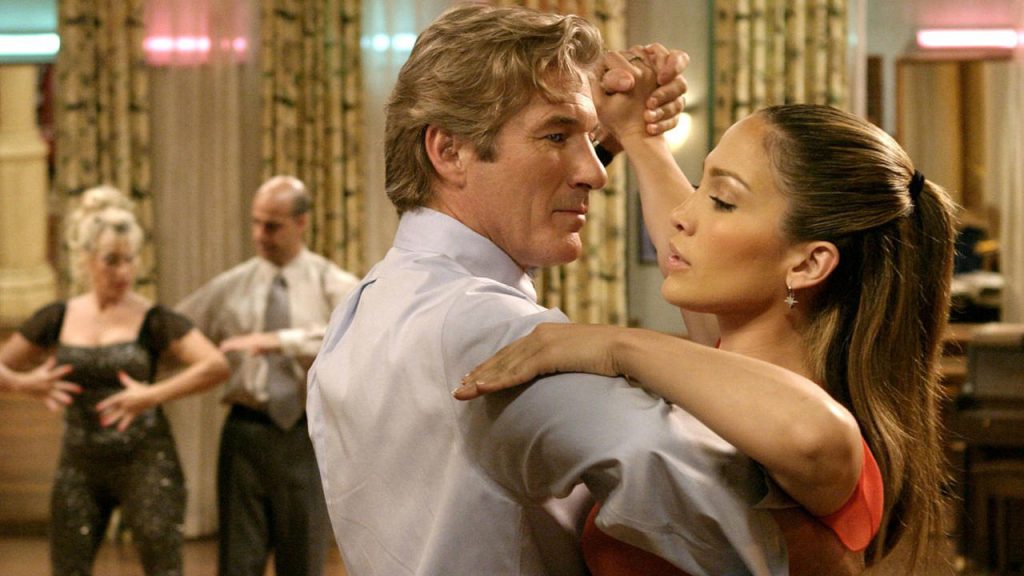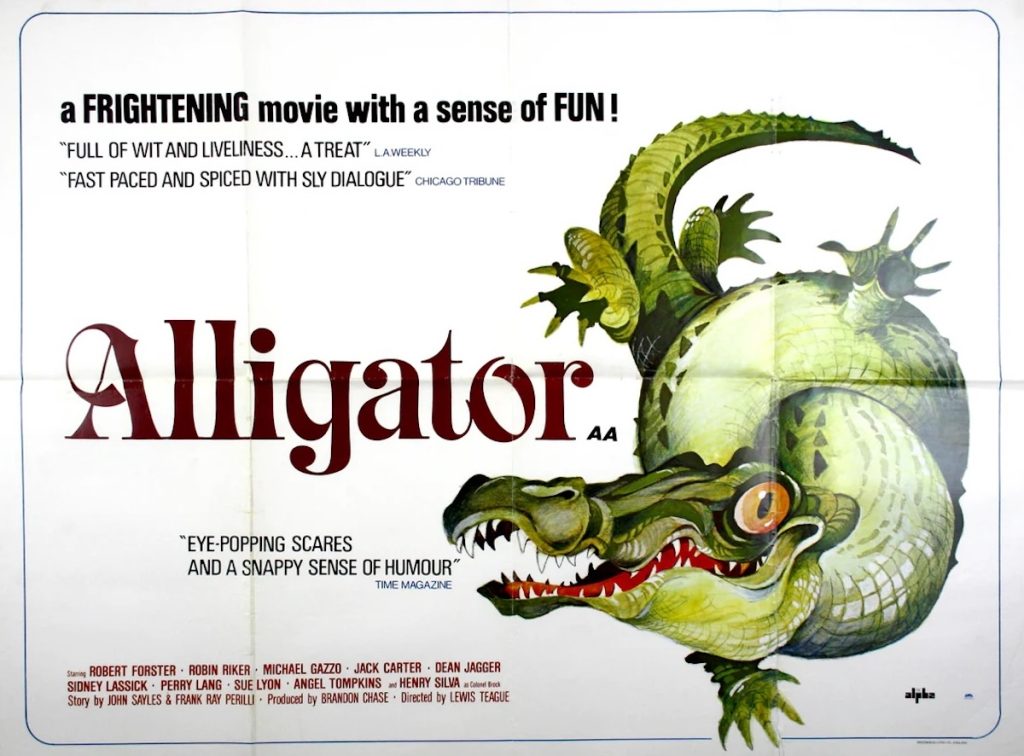If second-wave feminism popularized the notion that “the personal is political,” for many women of preceding generations, the political was more personal. Women took risks not necessarily out of ideological convictions, but out of a more inward-facing sense of morality. Vera Drake, acclaimed British director Mike Leigh’s story of one such woman, has only grown more powerful as the fate of a woman’s right to bodily autonomy has grown grimmer.
Vera (played with impeccable nuance by Imelda Staunton) is a housekeeper, wife, and mother in London in 1950. She is unfailingly cheery and caring. Walking through her dingy neighborhood in her sensible cloth coat and battered leather bag, she drops in on her sick neighbors and takes in strays, inviting lonely men over for tea. Whether she’s teasing her happy family over a meal or warmly greeting the employer who barely acknowledges her existence, she remains sunny and stalwart. Vera takes pride and joy in providing for others. “She’s a diamond,” her husband Stan says, and there’s no better word to describe her. Her shining face lights up the darkness of her working-class, post-War neighborhood. The homes are drab and cramped, the traumas of the war linger, and ongoing rationing means that everyone must scrimp to buy small luxuries off the black market. But Vera beams.
And in her spare time, without payment, Vera provides abortions. Because of the way the subject has been twisted and politicized, every film depicting abortion ends up being about abortion. While abortion is undoubtedly the subject here, Leigh is remarkably successful at making it seem like just a part of everyday life. We don’t see it happen until twenty minutes in, and it’s sandwiched between everyday scenes of Vera’s family at home and work. Vera’s patients are often frightened, but the scenes never tip over into histrionics. The procedure (which involves an enema syringe, disinfectant, and carbolic soap) is depicted and described matter-of-factly. Vera’s sunny demeanor is reliably comforting, but also brisk: since what she does is illegal, she can’t afford to linger or get too personal.
It’s clear that, for Vera, what she does is not a political act; it is just another way of caring for others. “I help young girls out,” she says, “when they can’t manage.” This changes radically when one of Vera’s patients nearly dies from complications and the police get involved. Vera, whose British propriety means she speaks euphemistically, bristles when her interrogating officer brings up the A-word: “That’s not what I do, dear. That’s what you call it, but they need help.” By the time of Vera’s arrest, we know her and her intentions so well that the law’s view of her as a dangerous radical seems absurd and profoundly unjust. Perhaps this is why Vera Drake is one of Leigh’s less-remembered films. From this point on, he plays Vera’s story as an old-fashioned melodrama of suffering and injustice. It’s striking from a director known for his realistic portrayals of ordinary life.

The melodrama is the “woman’s picture,” and Staunton’s performance undoubtedly makes the movie. Neither she nor Vera are glamorous figures, but her performance has a charisma and towering emotionality that evokes the genre’s classic era. Staunton flaunts the notion that screen acting is about doing less, always finding new depths of feeling to plumb as Vera’s ordeal gets worse. She always finds more tears and more bewilderment as Vera goes through the indignities of her arrest (removing her stockings, losing it when she has to take off her wedding ring). Just when it’s impossible to imagine how she could crumple more, or retreat further into herself, Staunton finds some way to sag and shrink and break your heart all over again. Her Vera is an ordinary woman totally overwhelmed by the unjust circumstances that have made her desire to help both unsafe and criminal. Staunton shows the depths and dimensions of her sorrow—guilt that a woman has almost died, shame at being treated like a criminal, despair about what will happen to her family.
Family lies at the heart of Vera Drake. Her initially shell-shocked family’s acceptance of what she’s done and how she’s done it mirrors Vera’s refusal to judge any of her patients. Their support in her moment of need reflects the care she showed these women in desperate times in their lives. Stan (Phil Davis) instantly recognizes that Vera’s work is just another facet of her caring nature and stands by her even as he’s terrified. Her son Sid (Daniel Mays) disagrees with Vera’s actions while still loving her and promising to help support the family. It’s impossible not to tear up when her soon-to-be-son-in-law Reg (Eddie Marsan) loyally thanks Vera for a wonderful dinner when the whole family is celebrating Christmas in misery. Leigh has always painted rich portraits of family life. If he’d slacked on any of that here, the melodrama would sink, and he’d have failed to get at the everyday truths about reproductive health choices. He relies, as always, on careful work with a fine ensemble cast, also including Alex Kelly as Vera’s painfully shy daughter Ethel and Adrian Scarborough as the brother-in-law she helped raise.
Vera Drake obviously hits in painful and maddening ways in a post-Dobbs hellscape. Everything in it that was once easier to see as the brutality of the past is poised to become our future. Today it can only prompt rage and despair that can’t be easily channeled. Things look so intractably bleak that you can’t help wondering if even a film this good makes any difference. Of course, art must be allowed to exist for its own sake, and as a portrait of how cruel laws ignore the complexity and rich texture of human lives, you can’t do much better. To become numb would be unforgivable, and Vera Drake insists that we keep raging.
“Vera Drake” is streaming on Netflix.



